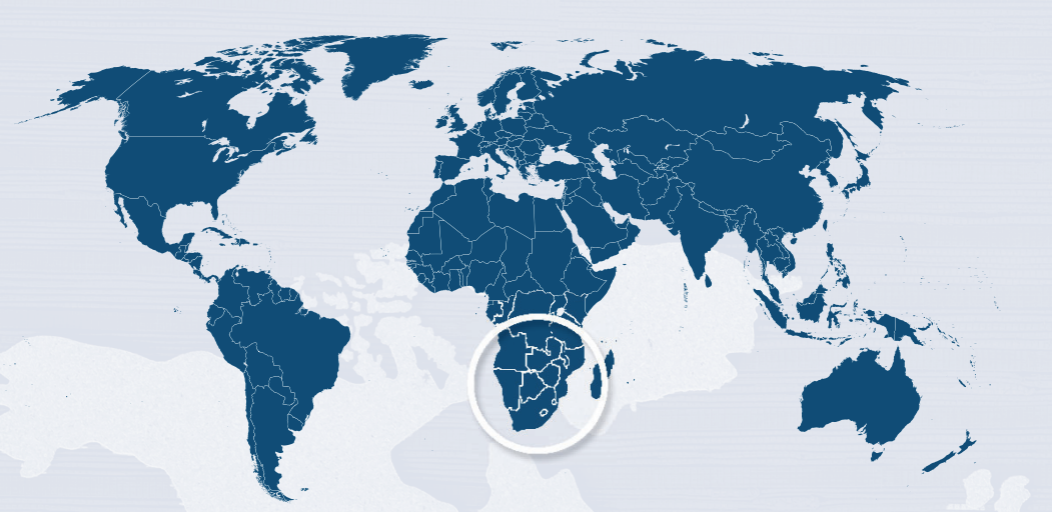
From Zimbabwe to Namibia
By Indileni Hilukiluah
If you were to ask Lazarus whether he considers himself a foreigner, he would answer no, although the country where he currently lives (Namibia) is not the country in which he grew up (Zimbabwe) or that of his parents (Malawi). For him, foreigners are people who come to Africa from overseas. He calls himself a sojourner, and he hopes to return to his country one day soon to take part in the reshaping and remaking of Zimbabwe.
This forty-year-old married father came to Namibia in 2009 by invitation of a relative when Zimbabwe was experiencing economic and political meltdown. He survives in Namibia by working as a handyman and vehicle mechanic. Lazarus has faced discrimination, from name-calling to unfair pay, and has struggled with strict immigration laws, but there have also been welcoming and loving people around him. Those supportive people include his family and church friends. They have helped him to let go of the pain he has experienced in trying to survive in a harsh environment.
God is a source of strength for Lazarus. He believes we are called to use the gifts God has given us, and to live out the destiny that he has for us. Lazarus has a theology of migration, “God has blessed each place on earth with riches. These riches attract human settlement. God created the earth to be discovered through movement. Of course there is always the element of greed, and this is where exploitation of human and natural resources takes place, whereby people move to a place merely to ‘kill, steal and destroy’ (John 10:10).” Lazarus says, “It is the order of God that when people reach a certain stage in their lives, they are supposed to move from one place to another. Like from the area where they were born, over to another area, just to acquire knowledge, which they then bring back to their original land.”
Moses is an inspiring example of this for Lazarus (see the book of Exodus). Moses was raised in a palace and acquired the best education, but God moved him and he became a shepherd living in Jethro’s house. As a shepherd he received knowledge and skills which he would later use. So when the time came, when Moses was sent back to Egypt with the task of leading the children of Israel out of slavery, he was able to do so. With God’s guidance, he used all the knowledge and skills that he acquired from the different places where he had lived throughout his life. Likewise, for Lazarus, migration fulfills God’s purpose for our lives; that is, if we are able to realize the role that we are supposed to play in life.
Lazarus describes his relationship with God while living in Namibia, “Sometimes it is strong, sometimes I get tired and I just wake up and go about my business without acknowledging God. But God has been faithful to me.” God’s faithfulness has given him a wife and children, something he thought he would never have. God fights for him, protects him and gives him health before he even asks for it. But sometimes he also struggles in his relationship with God when things are tough. But Lazarus maintains, “God remains my God. And hopefully in the not-so-distant future, everything will be restored again, and I will have an excellent relationship with him…
*Not his real name
